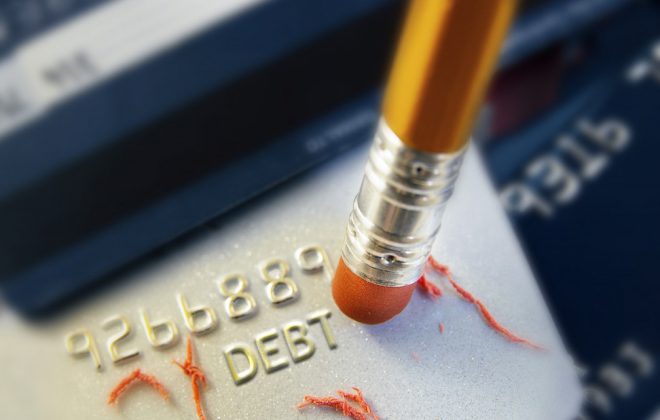The difference between credit/debit cards and general-purpose reloadable cards?
It looks like a credit card and works like a debit card so is there really a difference between credit/debit cards and general-purpose reloadable cards? The answer is yes. Want to know why? Then why not read on.
It looks like a credit card and works like a debit card so is there really a difference between credit/debit cards and general-purpose reloadable cards? The answer is yes. Want to know why? Then why not read on.
What is a credit card?
A credit card is a small plastic card that you get from your bank that is designed to allow you to make purchases, either online or in the shops, on credit. When you get your card, your bank will give you a credit limit for the card, this is the total amount that you will be able to spend with the card. At the end, or beginning of every month (depending on what choice you opted for) you will need to pay off your balance, or amount that you owe on the card from the previous month’s shopping. If you don’t pay it in full each month, you will be charged interest on the outstanding amout. Your credit card also carries a monthly fee so shop around for the cheapest option that gives you the best benefits.
Pros of a credit card:
- You can use them practically anywhere; even overseas
- You can purchase items with them and then pay the items off in installments – especially if you choose to buy on budget terms
- Some cards offer cash back incentives when you use the card (read more about bank benefits here)
- They help you build your credit history
- They help raise your credit score; the higher your credit score, the lower the rates you will have to pay later on for a car, bond etc.
- They are an easy and secure way to make purchases online
Cons of a credit card:
- You may feel compelled to spend more money than you actually have
- You have more chance of falling into the dreaded debt trap
- If you don’t pay your full balance every month, you will get charged more interest
- There is a possibility of credit card fraud
- Fees may be charged for late payments or if you miss payment altogether
Who should use a credit card:
- Anyone who wants to start building a credit rating for themselves
- If you have a stable income each month
What is a debit card?
A debit card is like a credit card in the way that it is a small plastic card issued by your bank for making purchases, however the difference lies in the fact that when you make a purchase with your debit card, the money immediately comes out of your bank account and you are given a daily spending limit instead of monthly. With a debit card, you will also incur monthly fees and even transactional fees so do your research.
Pros of a debit card:
- There is no risk of going into debt
- They are more convenient to carry around than cash (and safer)
- It helps you stick to your budget
- They are easier to get than a credit card
- You can easily get cash by withdrawing from an ATM
Cons of a debit card:
- There is no grace period; your money will come out your account immediately so you can’t pay for items on an installment basis
- Doesn’t help you improve your credit score
- There are fewer fraud protection precautions attached to a debit card
Who should use a debit card:
- Anyone who does not have a stable monthly income but wants to store their money away safely such as. Students or part-time workers
What is a general-purpose reloadable (GPR) card?
A GPR card may physically look like a debit and credit card, however, this is basically where the similarities end. A general-purpose reloadable card can be bought at shops in the same way you buy airtime and is not linked to any specific bank account. The card is linked to a mobile wallet and acts as its own independent card and account that requires money to be loaded into it before it can be used. You load money onto the card via EFT or cash deposit and can then use it to withdraw money at any ATM or swipe at any store where Mastercard/Visa is accepted.
Pros of a GPR card:
- You don’t need to have a bank account
- There are no credit checks done when purchasing the card
- Helps the card user to manage their money easier
Cons of a GPR card:
- Limited consumer protection
- No credit feature
- Not all cards offer loss or theft protection
- Potential lack on insurance
Who should use a GPR card?
- Anyone who isn’t able to have a bank account but still wants the convenience of using a card to make purchases
- Anyone looking to set a certain amount of money aside to spend on a specific items only like groceries or eating out
As you can see, each of these cards has its own benefits and downfalls. It is up to you as the consumer to find out which card will best suit your needs before making any decisions and of course a combination is sometimes useful too, such as having a GPR card for monthly spending and a credit card for emergencies only.
MoneyShop





